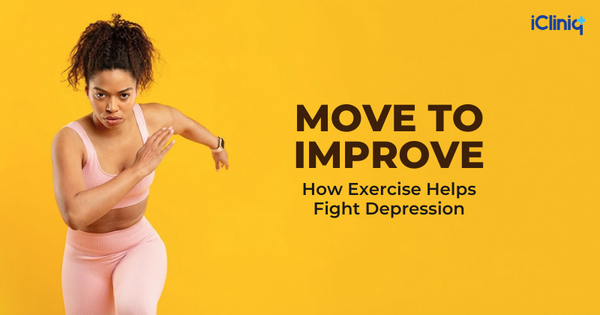Anemia in Women: Understanding, Overcoming, and Thriving

In the realm of women's health, anemia quietly impacts millions, often going unnoticed. Characterized by a deficiency in red blood cells or hemoglobin, this condition is intricately connected to the lack of iron. Let us delve into the fundamentals of anemia, its common causes, symptoms, and practical measures toward a healthier, more energetic life.
1. The Iron Connection
Anemia is frequently associated with insufficient iron levels, which are essential for the production of hemoglobin responsible for transporting oxygen in the blood. Women, influenced by factors such as menstruation and pregnancy, are particularly susceptible to iron deficiency and, consequently, anemia.
2. The Silent Struggle
One tricky aspect of anemia is its ability to disguise itself as regular tiredness. Recognizing symptoms like pale skin, shortness of breath, and brittle nails is key to understanding the impact of this condition.
3. The Menstrual Mystery
For women, the monthly menstrual cycle plays a role in anemia. The blood loss experienced during periods can lead to a reduction in iron levels, resulting in fatigue. Recognizing this cycle helps women take proactive steps to manage and address it.
4. Pregnancy and Beyond
Anemia poses a concern during pregnancy as the heightened blood volume necessitates increased iron intake. If not properly addressed, it may lead to complications. Postpartum, addressing fatigue becomes crucial for new mothers.
5. Supplements and Support
In some cases, dietary adjustments may not suffice. Supplements, under the guidance of healthcare professionals, offer a focused approach. Regular check-ups ensure that women receive personalized support.
6. Breaking the Silence
Normalizing discussions around women's health issues, such as anemia, is essential for destigmatization. Raising awareness empowers women to recognize signs, seek help, and build a supportive community.
Anemia may be silent, but with awareness and proactive steps, it can be managed. Understanding symptoms and adopting a holistic approach empowers women to take control of their health. It is time to bring anemia into the light and encourage informed empowered living.





